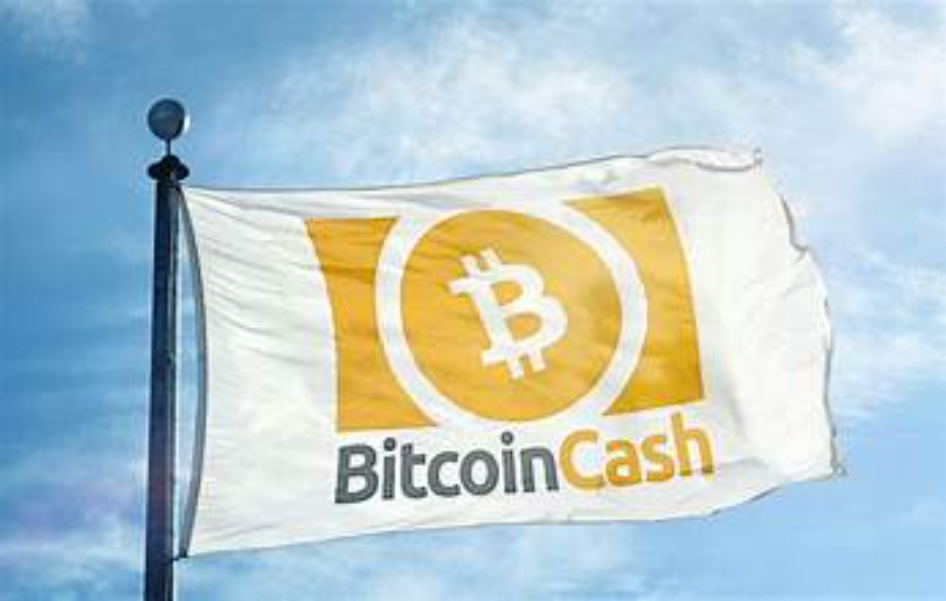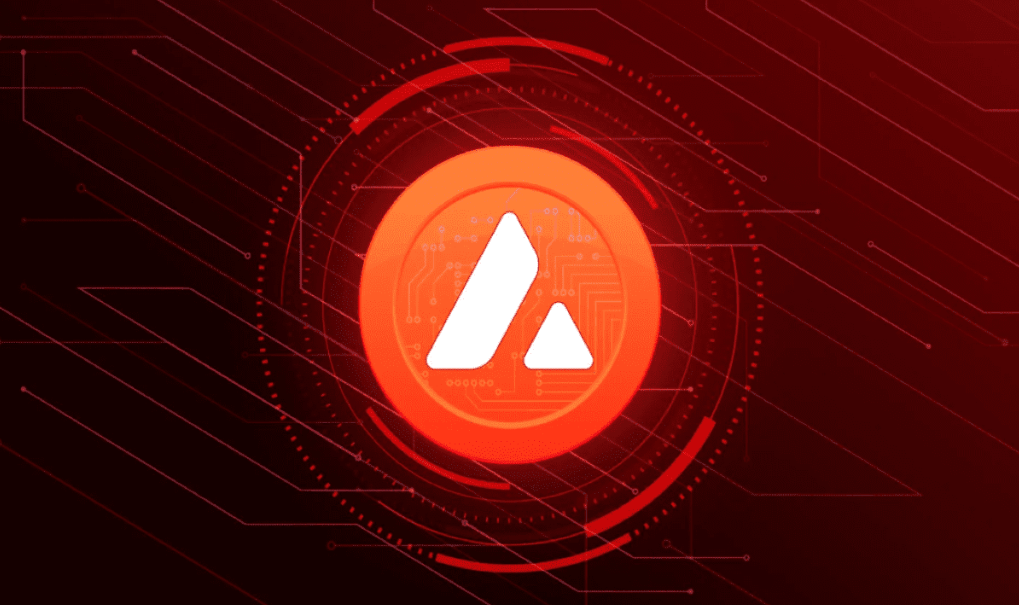Bitcoin Cash Overview

Bitcoin Cash
Key features and differences of BCH include:
A decentralised digital currency based on blockchain technology is called Bitcoin Cash (BCH). Although it is not the same cryptocurrency as Bitcoin, it is similar to it in terms of its underlying technology and application as a virtual currency. As a hard fork from Bitcoin, BCH was developed in 2017 with the goal of resolving scalability difficulties by raising the block size limit, processing more transactions in a single block, and possibly lowering transaction costs. Though it shares many characteristics with Bitcoin, BCH is unique among digital assets due to its own blockchain and set of regulations. Like other cryptocurrencies, BCH functions as a store of value as well as a medium of exchange.
Compared to Bitcoin, Bitcoin Cash has a bigger block size restriction of 8 MB, which was later increased to 32 MB. In times of strong demand, this enables quicker transactions, quicker confirmation times, and cheaper fees. Nevertheless, transactions on one network are incompatible with those on the other since Bitcoin Cash and Bitcoin are two different cryptocurrencies with separate blockchains. Bitcoin Cash and Bitcoin are two different cryptocurrencies with different blockchains, despite their similarities.
By supporting more transactions, Bitcoin Cash seeks to increase scalability, but it also has to meet higher bandwidth and storage needs. Apart from the Bitcoin development community, it has its own implementation teams and development community that works on protocol updates. When Bitcoin Cash was first created, its goal was to offer a cryptocurrency that would be more suited for frequent, small-scale transactions than Bitcoin.
There are now several competing versions of Bitcoin Cash due to hard forks and community disputes that caused the emergence of other cryptocurrencies like Bitcoin SV and Bitcoin ABC.
Why Did BCH Get Started?
Driven by a variety of factors and motivations, a contentious hard fork of the Bitcoin blockchain produced Bitcoin Cash (BCH) in August 2017.
The argument over how to scale the Bitcoin network to handle an increasing volume of transactions gave rise to Bitcoin Cash. Due to the 1 MB block size limit imposed by Bitcoin at first, fewer transactions could be completed in a single block, which caused network congestion and increased transaction costs. Some members of the Bitcoin community thought that the wisest course of action would be to increase the block size.
Due to network congestion, Bitcoin transaction fees were increasing, making it less useful for regular, small-scale transactions. Supporters of Bitcoin Cash thought that by raising the block size, it would be possible to keep transaction costs low and improve BCH’s suitability for regular transactions.
The goal and applications of the cryptocurrency were fundamentally different amongst members of the Bitcoin community. The core development team of Bitcoin preferred a “store of value” strategy, portraying BTC as digital gold and giving security and decentralisation first priority. Some proponents of Bitcoin Cash thought the cryptocurrency should serve as a means of exchange, with a focus on quick and inexpensive transactions.

One point of disagreement was community governance, as it was difficult to come to an agreement on scaling solutions. Supporters of Bitcoin Cash took a more hands-on approach to making the required adjustments.
Proponents of Bitcoin Cash sought to create on-chain scaling solutions that would offer instant relief since they were frustrated with the glacial pace at which scaling solutions like the Lightning Network were being implemented.
Core Software for Bitcoin
The open-source software known as Bitcoin Core, which implements the Bitcoin protocol and offers a reference implementation for the Bitcoin network, forms the foundation of the Bitcoin ecosystem.
A global community of volunteer developers creates and maintains the open-source project known as Bitcoin Core. On the Bitcoin network, it enables users to operate a full node that keeps the complete blockchain and verifies blocks and transactions in accordance with consensus guidelines. This is necessary for the network’s decentralisation and security. While it lacks some of the features and user-friendliness of other Bitcoin wallet software, Bitcoin Core nevertheless has basic wallet functionality that lets users send and receive Bitcoin. By using the same protocol as other nodes, it upholds the consensus rules of the Bitcoin network and makes sure that blocks and transactions are legitimate in accordance with the guidelines decided upon by the community of Bitcoin users.
Bitcoin Core is a robust and safe cryptocurrency that protects transactions and upholds the blockchain’s integrity using cryptographic methods. To keep users informed, it is updated frequently with bug patches, speed improvements, and protocol changes. Because of its high degree of customisation, customers can tailor parameters and settings to exactly what they need from Bitcoin Core. Expert users can utilise the program’s command-line interface to communicate with it. In addition, a sizable and vibrant user and development community exists for the software, offering tools and assistance with any problems or inquiries.
Although it might not be the most intuitive choice for novice users, Bitcoin Core offers a strong and safe means to communicate with the Bitcoin network. There are other Bitcoin wallet apps with greater functionality and a more intuitive interface. The health and decentralisation of the network are enhanced by running a full node using Bitcoin Core, however it has resource needs such as bandwidth and disc space.
Bitcoin Cash app
Among its other features, Cash App, a peer-to-peer payment service from Square, Inc., lets users purchase, sell, and send Bitcoin, including BCH. Although it has nothing to do with BCH specifically, it offers a whole cryptocurrency solution.
Using the Cash App, users may link their bank accounts or debit cards to purchase and sell Bitcoin, including (BCH), directly from the app. Additionally, users can add Bitcoin to the app for buying and trading or withdraw it to external wallets via their Cash App accounts. Larger sums should be moved to a more secure wallet because the app might not provide the same level of security as specialised cryptocurrency wallets. Additionally, depending on the state of the market, Cash App charges fees for both purchasing and selling Bitcoin.
Wallet for Bitcoin Cash
The “Cash Card” is a physical debit card that customers may use to spend their balance, which includes Bitcoin, at any business that accepts Visa. Cash App is an easy-to-use cryptocurrency app. Although it is protected by security measures, users should be mindful of potential security threats and take precautions, such as securing account information and using two-factor authentication (2FA). Users should also be aware of any local cryptocurrency laws and regulations, as well as any tax or legal requirements, that may apply when utilising the Cash App for Bitcoin transactions.

There are several different kinds of BCH wallets: hardware wallets such as Ledger and Trezor, desktop and laptop wallets for use with a web browser, mobile wallets for use with mobile devices, paper wallets with public and private keys printed or written, multisignature wallets requiring multiple private keys for authorization, and full node wallets running a full copy of the BCH blockchain.
While desktop wallets provide greater protection but are less practical for transactions while on the road, mobile wallets are more convenient and appropriate for daily use. Web wallets can be a security issue, however they are online wallets that can be accessed through a web browser. Selecting a reliable supplier for your private keys is crucial, as is making sure of their stellar reputation.
Hardware wallets, like those made by Ledger and Trezor, are extremely safe against online attacks since they are physical devices that keep Bitcoin offline. Your public and private keys are physically stored in paper wallets, which must be handled and stored carefully to prevent loss or physical damage. Full-node wallets operate a complete copy of the Bitcoin Cash blockchain, while multisignature wallets require several private keys for authorization.
A few things to think about when selecting a BCH wallet are security, usability, and personal requirements. Protect your private keys, make a backup of the information in your wallet, and stay alert for phishing scams. Remember that your behaviour and safety measures determine how secure your BCH holdings are.
USD to Bitcoin Cash
Because of the dynamics of supply and demand in the market, there are regular variations in the exchange rate between Bitcoin Cash (BCH) and US dollars (USD). Go to a trustworthy cryptocurrency exchange or financial website to get the most up-to-date rate.

Bitfinex, Bitstamp, Kraken, Coinbase, Binance, and other cryptocurrency exchanges provide real-time price data for Bitcoin Cash (BCH) in relation to fiat currencies like USD. CryptoCompare, CoinGecko, and CoinMarketCap are a few websites that compile price statistics for cryptocurrencies from various exchanges. Some wallet apps, which might be integrated within the wallet for BCH users, show the current BCH to USD exchange rate within the app. Real-time cryptocurrency price information can be found on cryptocurrency news websites and financial news outlets; these sections are frequently devoted to pricing and market data. By entering “Bitcoin Cash to USD” into a selected search engine, users can also use search engines to find the current exchange rate.



